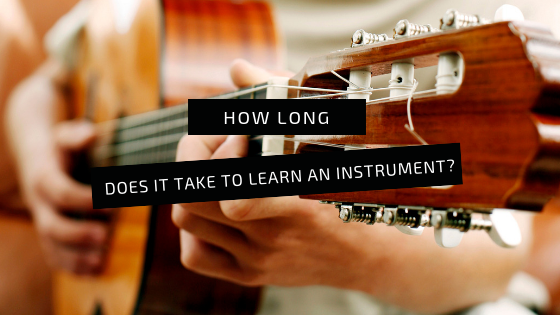
Music has the ability to inspire, relax, and energize us. It’s no surprise, then, that learning to play a musical instrument or sing can have a profound impact on our creativity. In this article, we’ll explore the ways in which music lessons can boost your creativity.
Brain Development
Learning to play an instrument requires focus, memory, and coordination. As a result, playing music can actually enhance brain development, particularly in the areas of memory, spatial reasoning, and language processing. These skills can also transfer to other areas of creativity, such as problem-solving and abstract thinking.
Improvisation
Improvisation is the art of creating music on the spot, without pre-planning or notation. Improvisation is a key component of jazz, blues, and other styles of music, and it requires a high level of creativity and spontaneity. Learning to improvise can help boost your creativity by forcing you to think on your feet and take risks. It can also teach you to be more open to new ideas and to trust your instincts.
Expressing Emotions
Music is a powerful medium for expressing emotions. Learning to play an instrument or sing can help you develop the ability to express yourself through music, which can in turn boost your creativity. By learning to channel your emotions into music, you can tap into your creativity and produce work that is both personal and powerful.
Collaboration
Music is often a collaborative art form. Learning to play with others can help you develop your creativity by exposing you to new ideas and approaches. Collaboration can also teach you to be more flexible and adaptable in your creative work, which can be useful in a variety of contexts.
Mindfulness
Learning to play an instrument or sing requires focus and concentration. This can help you develop mindfulness, which is the ability to be fully present in the moment. Mindfulness can boost your creativity by helping you to stay focused on your creative work, and by allowing you to notice new ideas and inspiration as they arise.
Private Lessons
Private music lessons are a great way to get one-on-one instruction from a professional musician. Private lessons can be tailored to your individual needs and goals, and can provide a focused and personalized approach to learning an instrument or singing.
Group Lessons
Group music lessons can be a fun and social way to learn music. In a group setting, you can learn from your peers as well as from the instructor, and can collaborate with others to develop your musical skills.
Online Lessons
Online music lessons are becoming increasingly popular, particularly in light of the COVID-19 pandemic. Online lessons can provide a convenient and flexible option for learning music from the comfort of your own home.
Workshops and Retreats
Music workshops and retreats can provide an immersive and intensive learning experience. These events often feature expert instructors and can be a great way to meet other musicians and immerse yourself in music for an extended period of time.
Conclusion
Music lessons can have a profound impact on your creativity. By boosting brain development, teaching improvisation, helping you express emotions, encouraging collaboration, and developing mindfulness, music lessons can help you tap into your creative potential and produce work that is both meaningful and innovative. Whether you’re a beginner or an experienced musician, music lessons can be a powerful tool for enhancing your creativity.


